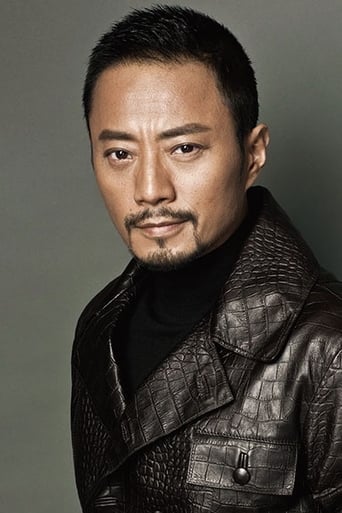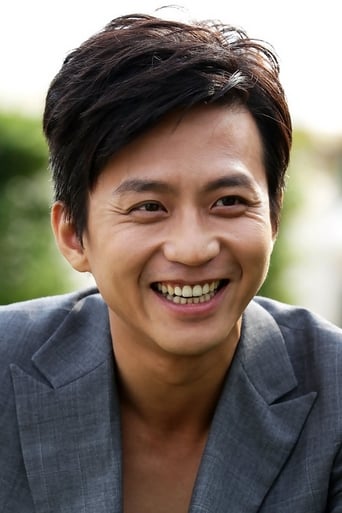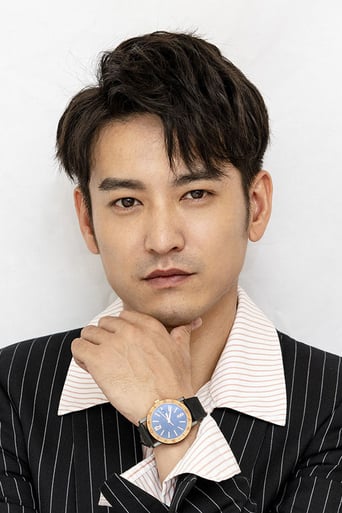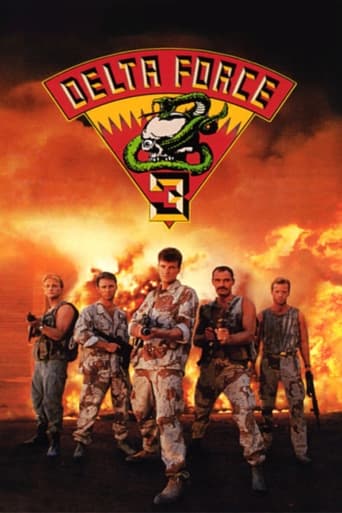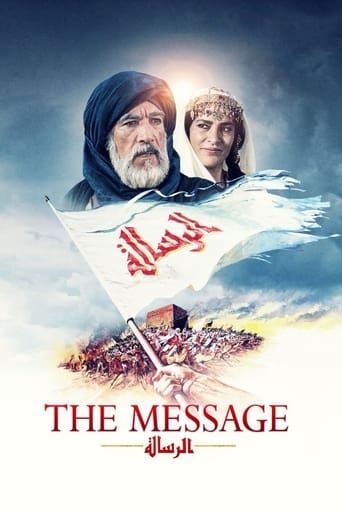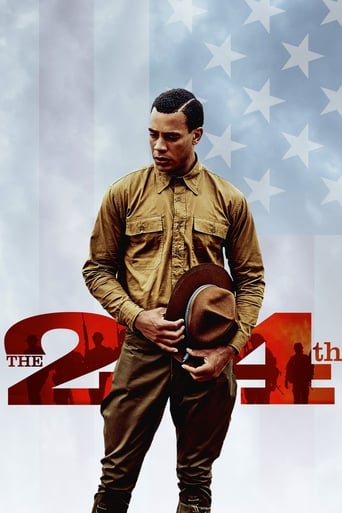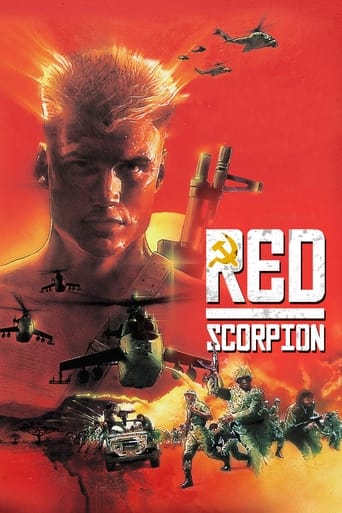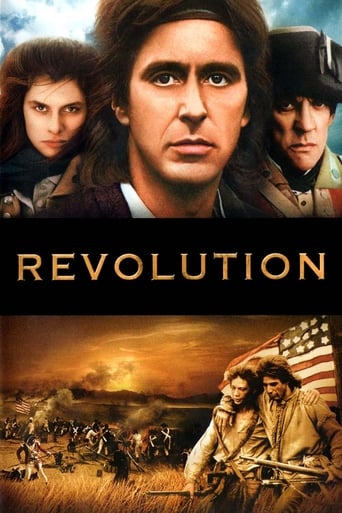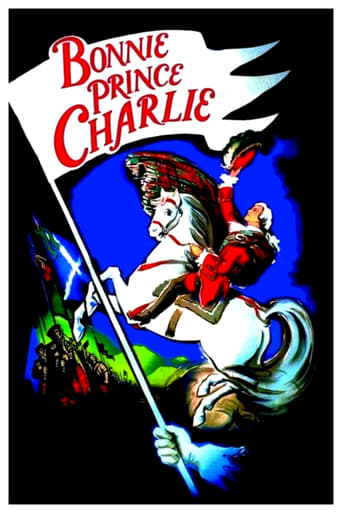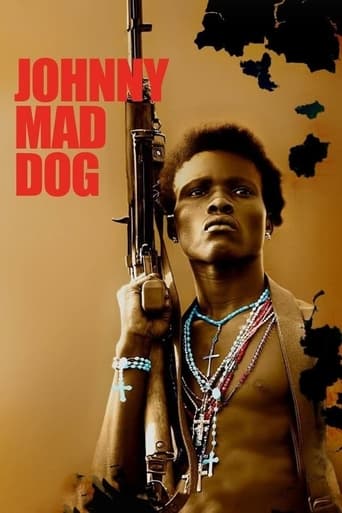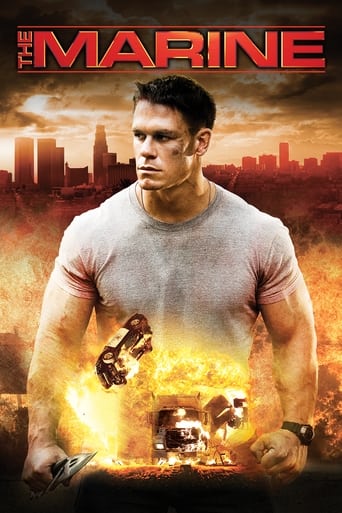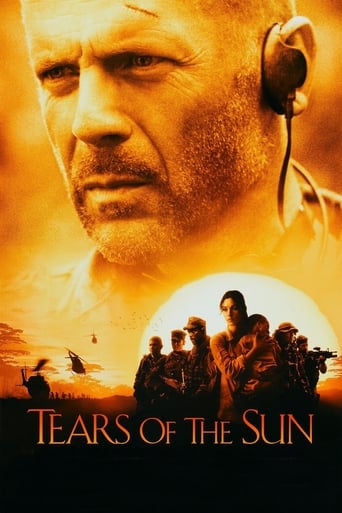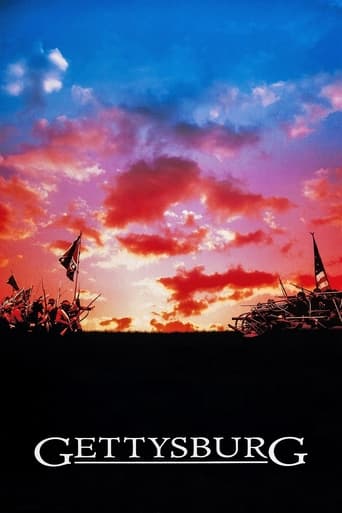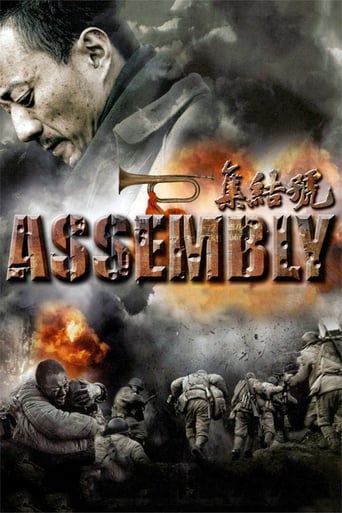
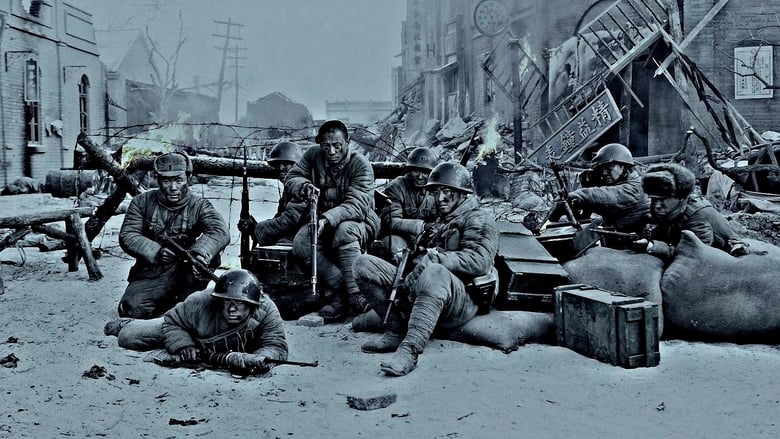
Assembly (2007)
Follows a soldier trying to gain recognition for comrades who died in 1948, at a turning point in the civil war between the communists and the nationalist forces of the Kuomintang.
Watch Trailer
Cast


Similar titles
Reviews
A little long, but not at all bad. If you liked "Saving Private Ryan," you should like "Assembly." The director, Xiaogang Feng, has not only imitated Stephen Spielberg, he's transcended him.First of all, a viewer is going to notice the exquisite pictorialism of the titles. They're really tasteful. And the arresting quality of the images -- the composition and color -- is carried through the film itself. A finely tuned visual pageant.The story is a bit drawn out but so much of the material is unfamiliar to the West that it's acceptable. The protagonist is a soldier in the Chinese communist army, Hanyu Zhang. We're treated to battle scenes during the war with Chiang Kai-Shek's nationalists after World War II.Hanyu is in charge of a detachment ordered to hold a position at a mine until he hears "Assembly" played on the headquarters bugle. Nobody hears the bugle call and all of Hanyu's troops die except him. He's wounded and dazed, wearing an enemy uniform, and no one at headquarters believes his story. Nevertheless, he becomes part of the Chinese army and is later half blinded during the Korean war, while in the process of saving another man's life. Three or four Americans show up on screen but they're not stereotypical villains. And when the Yanks are subject to a devastating bombardment, they're killed in extreme long shot.Later, an old soldier now, unfit for duty, Hanyu spends his time trying to find evidence of the events at the mine in 1948. He's haunted by guilt.Some Chinese movies have been working their way into the ken of Western movie goers over the last decade or so, pari passu with the nation's sidling its way into the global village. They're still Chincoms to the more retrograde among us, but if you want to buy Petro China you can do it on the Hong Kong market. And they're our chief foreign debtors. If we fail, they fail. Good reason to make movies about the unforgiving brutality of war and the misunderstandings that follow.In the case of this film, that's part of the problem. Spielberg had bullets clanking off metal, terrible fighting conditions, and pointless blood-spilling. Feng has more exploding squibs -- exploding in the wrong direction -- than you can count. There's gore all over the place, along with body parts and men blown in half by explosions. It's far more graphic than "Saving Private Ryan" or "Blackhawk Down." Feng has also adopted the current directorial fad of cutting instantly during action scenes and wobbling the camera as if the photographer had imbibed too much ng ga pei. Some of the deaths are captured in slow motion. (Ho hum.) I think there's a structural problem too. I understand Hanyu loved his men and is ridden with chagrin over being responsible for their anonymous deaths, all being listed as MIA because their bodies were never recovered. And we're often reminded of it in one way or another. He and one of the soldiers' widow stand in front of the camera and there is a crane shot of a field of grave markers that seems to stretch on forever while mournful music plays on the sound track.However, the girls are pretty, and I say keep 'em coming, China, and be as innovative and original as you were in the 20s and 30s. And ding hao!
Assembly is a gripping film about the Chinese civil war and its aftermath, recounted through the story of a doomed company of Communist soldiers and the subsequent struggle of their commander, Gu Zidi, to win recognition for their sacrifice. Hanyu Zhang is superb in the role of Gu Zidi, carrying the memory of his lost and forgotten comrades, and is the focus for a film that is by turns brutal, moving and provocative.The opening battle scene is Assembly is startlingly violent and throughout the film the portrayal of modern weaponry and its effect upon human bodies is truly frightening. The battles are impressively staged and meticulously detailed, from the soldiers' uniforms to the networks of defensive trenches. There are some eye-opening details about the nature of warfare in the Chinese civil war, including the deployment of 'political officers' to encourage Communist troops to act in line with Party doctrine.Admittedly, much of the film's appeal stems from its foreign origins. The Chinese civil war and the subsequent war in Korea are not often portrayed in the cinema, and it is even more rare to get a Chinese perspective on these events. Certainly this makes it difficult to find a point of reference by which to assess the success of Assembly. Nevertheless, I did have some reservations, including the camera-work. The battle scenes cut frantically between different shots, unlike, for instance, the opening scenes in Saving Private Ryan, where the action relentlessly tracks the soldiers' landing on the D-Day beach. This repeated cutting and changing conveys some sense of the chaos of warfare, but I feel that the shaky camera-work was overplayed and found this a bit irksome after the first few battle scenes.A more general problem is that this film focuses almost exclusively on the actions of the Communist soldiers. It would have been interesting to learn more about the Nationalist Guomindang soldiers, but they are barely afforded any speaking roles. Although Assembly is written from the perspective of the winning side, it does not begin to examine why the Communists were at one time so short of munitions and especially men in fighting the war against the Nationalists. The story of Gu Zidi's company of men is a battle against the odds, but the film does not delve into the root causes of their desperation.But although Assembly is a portrait of one side in a long military conflict there is surprising depth to this portrait. The film does not follow a straightforward triumphalist narrative about Communist war heroes, but instead builds a complex tale of an individual (Gu Zidi) who struggles for the posthumous recognition of individual soldiers who made an individual sacrifice. These were soldiers who were scared and sometimes balked at the dangers before them as would anyone but they made the ultimate sacrifice and Gu Zidi strives to have their efforts recognised as a unique contribution to the war effort. That it is such a great struggle for Gu Zidi to secure a memorial for these fallen comrades is at least partly an indictment of post-war society and government in China.Assembly achieves a remarkable amount in less than two hours. It is a vivid reconstruction of struggles during and after the war and is moreover a deeply moving experience, especially in its final frames. And if part of the appeal lies in the fact that this is a foreign film about a little-known war, then that is all the more reason to seek it out.
When I first saw the trailer to The Assembly, many Chinese military fans (myself included) saw the departure in style away from much of the previous Chinese war films. Whereas previous films such as Tai Hang Shan Shang followed traditional depictions of large scale warfare and propaganda rhetoric, Assembly focused on the relationship among individual soldiers and the brutalities of war. Despite this change, many who first saw the trailer were also befuddled by the unique direction that it takes. On many online message boards, questions such as: why are the PLA wearing American helmets and are so well equipped? or why does the cinematography resemble Saving Private Ryan? or even as to question what campaign are they actually fighting? popped up again and again. Assembly's radical departure from traditional Chinese war films demonstrated the vision on the part of Feng XiaoGang to embrace a more humanist and personal side of war that are so common in western films. However, by conforming to western standards, The Assembly takes away much originality in portraying the unique circumstances of the Chinese Civil War, and in turn fails to relate back to many Chinese audience. In an attempt to reflect the sense of brotherhood and the absurdities of war that are so apparent in films such as Saving Private Ryan, Band of Brothers, and Taegukgi; Assembly ultimately accomplishes neither.Although i first welcomed the refreshing change in presented in the Assembly, the heavily borrowed western styles proved to be too impersonal from the Chinese perspective. Nearly every element of the film have distinct and or subliminal western influence. For example, the 47 soldiers of 9th Company may loosely reference the Japanese story of the 47 Ronin whom shared the similar sacrifice to uphold their loyalty and honor. Furthermore, this is probably the first Chinese war film i encountered where the word 'comrade' was replaced by the word 'brothers' to reflect the interpersonal relationships among the soldiers. The other obvious western influence comes from the dark cinematography and shaky camera work from films such as Saving Private Ryan and Band of Brothers. Even the theme song or MV to this movie is a reworded Chinese version of 'You Raise Me Up'. These Western styles are further reinforced by elements within the story that further reveal objective aspect of these influences. The film justifies the use of Western helmets and weapons by establishing the fact that they were confiscated from the nationalists (in addition to the later scene of a covert action that require American disguises). These in-story, or objective elements have no fault on their own given the possible historical circumstances. But after combining these in story elements with the stylistic elements; the Movie becomes woefully unoriginal and unreflective of the Chinese experience.Although Assembly may be unique for a Chinese war movie, its no different from Western films.Problems in perspectives asides, there are still significant problems within the actual movie that fail to live up to its potential even from a western view. The theme of brotherhood is obviously one of the most important element in the film. However, Assembly reflect very little character development to connect the audience to the 47 soldiers. Foreign films such as Saving Private Ryan and even Taegukgi give the audience some sense of the brotherhood between the soldiers and the different personalities of many of these soldiers. By the end of the Assembly, I can probably name at the most 4 or 5 characters who are unique, while all the other are often nameless and undeveloped. Instead the crux of the story in the Assembly focused on one man's own convictions to find his men. The singularities of Captain Gu's role also shifted the focus away from the first half of the story that dealt with the men of 9th Company. Although we do get the sense of the heartbreaking devotion of Gu to his unit, the lack of the sense of comradeship (or at least the development of) within 9th company takes away from the full potential of the film.Another problem of Assembly was the failure to depict the side of the enemy. Western war movies generally humanizes the enemy. Assembly however, had little screen time for the opposing nationalistic forces. Given that this movie deals with the Chinese Civil War, the failure to address the nationalist side is inexcusable . From the Chinese perspective, in a war that was essentially a war between brothers (Chinese vs. Chinese), the singular focus on the PLA does not justify the overall scope of the conflict. Assembly could have the great potential of depicting both sides of the conflict, and reflect the important anti-war message in the context of a absurd civil war.Even when you watch the Assembly from the conventional perspective there are problems within the story. For example, the presence of the only female role seems forced and poorly developed (she seem to just follow around Gu); there could have been more potential for her role. In addition, i didn't find the battle scenes particularly epic. All in all, Assembly is a decent war film from the western perspective, but from a Chinese view, it both inadequate and impersonal. For those looking for an authentic and unique Chinese war film that is appealing to the Chinese experience, we would most likely still have to wait.
Feng Xiaogang, China's hottest director today, got some international exposure with "Da Wan" (2001), "Big shot's funeral", starring Donald Sutherland. Further exploring his thus proved deftly touch with comedy, he made "Shou ji" (2003), "Cell phone", a roaring success in China but not generally known in the global market. "Tian xia wu zei" (2004), "A world without thieves", came next, an adventure-drama that was well received. Following the trendy thing for Chinese directors to do, i.e. making shallow, hollow Hollywood blockbusters look-alikes, he took a crack with "Ye yan" (2006), "The banquet", one of those so-called "historic epics", basing his story loosely on Hamlet. While many frown at this attempt, "Ye yan" is still far better than the rubbish that once respected directors such as Zhang Yimou has been turning out.With "Assembly", Feng has finally shown how good he is.Perhaps the first thing to say about "Assembly" is that it is the first ever war epic coming out of China that does not have the slightest trace of political propaganda. Not that propaganda is a problem - you see it in every other the-US-saves-the-world Hollywood war movie but political propaganda in Chinese war movies have been so blatant. "Assembly" however is a "generic" war movie it could have happened in any war, anywhere in the world. Most importantly, it is a deeply moving story.This 2-hour movie can be divided into two parts. A lot of discussion of "Assembly" has been focused on the technical achievement which many compared to "Saving Private Ryan". While the first part, which depicts the annihilation of the entire company of 47 under Captain Gu (Zhang Hanyu), is indeed technically impressive, it's the second part that is the soul of the movie. Taking upon himself the blame for the slaughter of his entire company, Gu sets on a quest to have the names of the 47 removed from the MIA list, to be recognized as war heroes.Gu's story is heart-wrenching. Illiterate and uncouth, Gu is at heart an attentive and considerate man. Unique among the 47 soldiers killed is a young man who had been well educated and cared very much about his physical appearance even in the battlefield. When this man's young widow asked Gu how her husband died, he picked up a small piece of rock the size of a large coin and told her that he was killed when a shard like that pierced his heart, with the rest of his body unblemished.Following Gu through his quest is not a joyous experience but a sobering and thought-provoking one. Zhang's superb performance makes it even more so.


